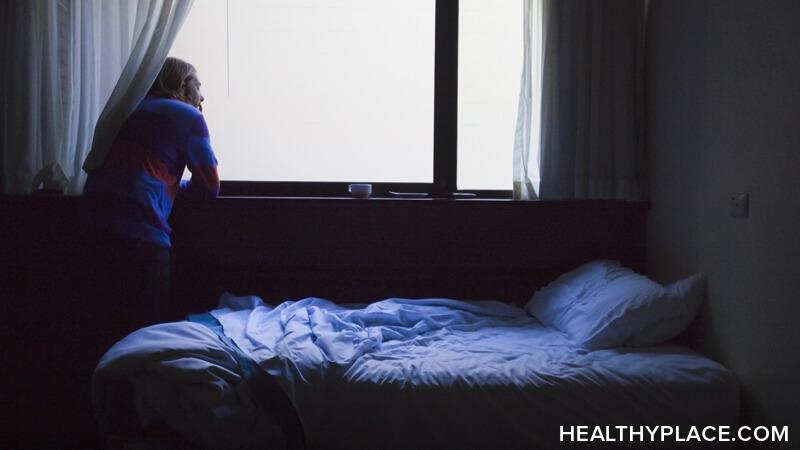Taking Care of Yourself After a Suicide Attempt

Trigger warning: this post contains frank discussion of suicide and what comes after a suicide attempt.
Suicide attempts are more prevalent than anyone would like. This means that there is a whole population of people out there who need a different kind of help than the one suicide prevention resources currently offer. This also means that many people may currently be finding themselves alive on the other end of a suicide attempt and wondering, “What happens after a suicide attempt?”
Common Feelings After a Suicide Attempt
The period after a suicide attempt is a fragile one. We may feel vulnerable and raw in a way we never have before, possibly to an even greater extent than before the suicide attempt.
The main goal of this period is to just get through it in one piece and steady the ground beneath us. It is therefore important that we are able to identify and acknowledge our emotions fully. This will help us feel less overwhelmed by them and feel more in control.
After a suicide attempt, it is not uncommon to feel embarrassed or ashamed. Lots of people express thinking of the attempt as yet another one of their failures — a reflection of their weakness. We should try our best to recognize this feeling as just a feeling and nothing more. Feelings are not the truth.
We may also feel disappointed that our attempt failed. Or we may feel relieved to be alive. Often, we may feel both things to different degrees, and feel confused by our conflicting emotions.
After an emotionally intense event like a suicide attempt, our sensitivity may be heightened. It is normal to act touchier than usual and get angry or frustrated with the people around us, including our loved ones. We may want to hide away and isolate, or lash out and behave recklessly.
In other words, we may not feel quite like ourselves. In the face of all this, what is the best way to get through each day after a suicide attempt?
How to Take Care of Yourself After a Suicide Attempt
Ultimately, we all must be responsible for taking care of our own mental health. The period after a suicide attempt is an especially crucial time. By helping ourselves through this period, we will learn a lot about ourselves and discover effective ways of managing our mental health that we can carry with us throughout our whole lives.
But we have to put in the work.
For one, during this sensitive time, self-protection is key. Be protective of your time and attention. Do not over-commit. Take time off of school or work. Avoid people, places, and situations that you find mentally and/or emotionally draining.
Find soothing and relaxing activities. Even if it sounds silly, activities such as spending time in nature, going on walks, and drawing or coloring have a way of calming the brain. Taking as much stress off of the brain as possible while it recovers from the trauma is very important.
Establish a routine. Even a loose routine does wonders for reducing stress and mental fatigue. Incorporate relaxing activities and other grounding routines such as meditation into the routine.
In short, we should take it easy on ourselves and get out of our own heads. We need to give ourselves space both physically and mentally to let ourselves heal. It is our choice to take the period after a suicide attempt to view this as an opportunity to change our relationship with ourselves for the better.
If you feel that you may hurt yourself or someone else, call 9-1-1 immediately.
For more information on suicide, see our suicide information, resources and support section. For additional mental health help, please see our mental health hotline numbers and referral information section.
APA Reference
Chang, K.
(2019, September 12). Taking Care of Yourself After a Suicide Attempt, HealthyPlace. Retrieved
on 2026, March 5 from https://www.healthyplace.com/blogs/copingwithdepression/2019/9/taking-care-of-yourself-after-a-suicide-attempt